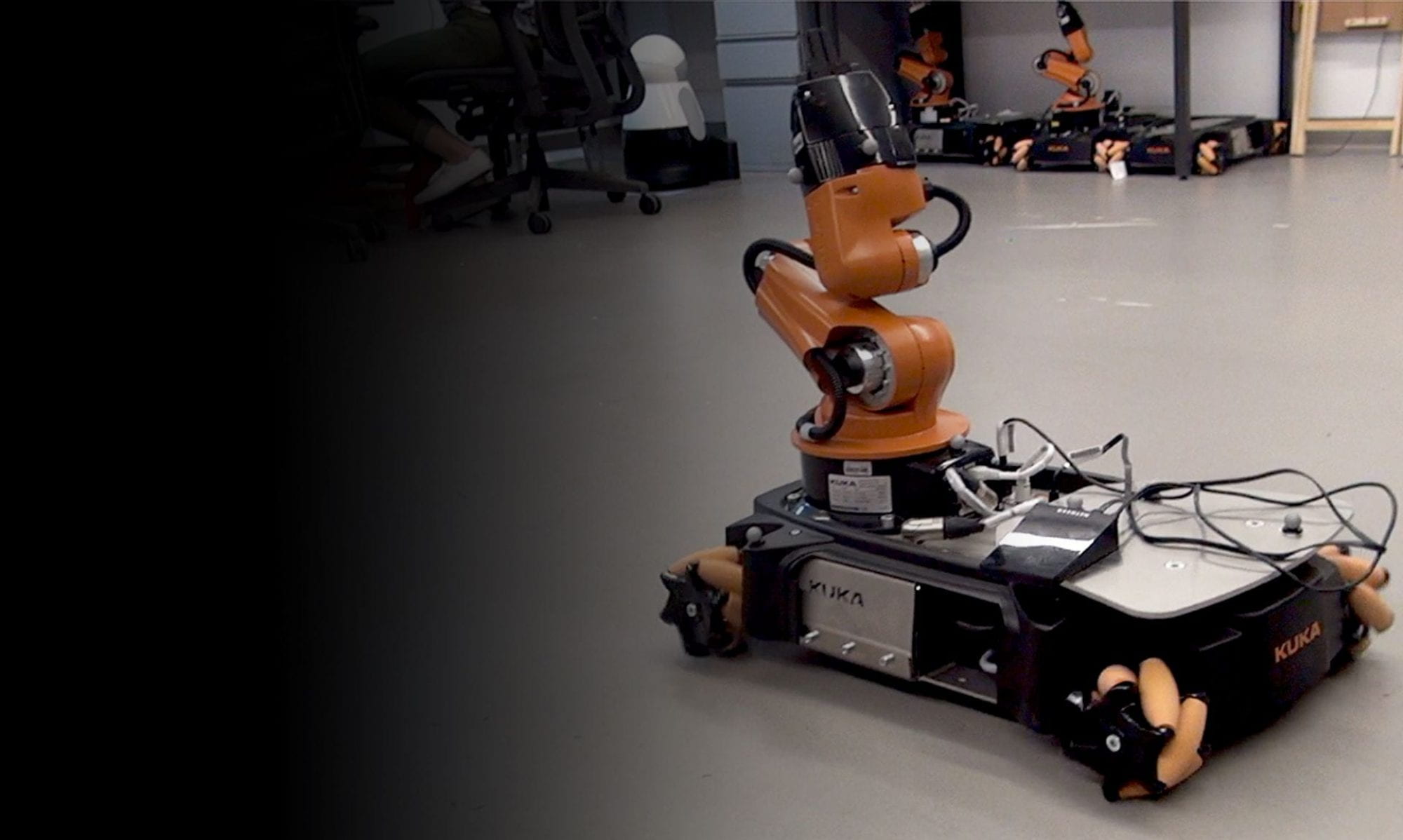Kalesha Bullard, Facebook AI Research
4/29/2021
Location: Zoom
Time: 2:40p.m.
Abstract: Effective communication is an important skill for enabling information exchange and cooperation in multi-agent systems, in which agents coexist in shared environments with humans and/or other artificial agents. Indeed, human domain experts can be a highly informative source of instructive guidance and feedback (supervision). My prior work explores this type of interaction in depth, as a mechanism for enabling learning for artificial agents. However, dependence upon human partners for acquiring or adapting skills has important limitations. Human time and cognitive load is typically constrained (particularly in realistic settings) and data collection from humans, though potentially qualitatively rich, can be slow and costly to acquire. Yet, the ability to learn through interaction with other agents represents another powerful mechanism for enabling interactive learning. Though other artificial agents may also be novices, agents can co-learn through providing each other evaluative feedback (reinforcement), given the learning task has been sufficiently structured and allows for generalization to novel settings.
This talk presents research that investigates methods for enabling agents to learn general communication skills through interactions with other agents. In particular, the talk will focus on my ongoing work within Multi-Agent Reinforcement Learning, investigating emergent communication protocols, inspired by communication in more realistic settings. We present a novel problem setting and a general approach that allows for zero-shot coordination (ZSC), i.e., discovering protocols that can generalize to independently trained agents. We also explore and analyze specific difficulties associated with finding globally optimal ZSC protocols, as complexity of the communication task increases or the modality for communication changes (e.g. from symbolic communication to implicit communication through physical movement, by an embodied artificial agent). Overall, this work opens up exciting avenues for learning general communication protocols in complex domains.
